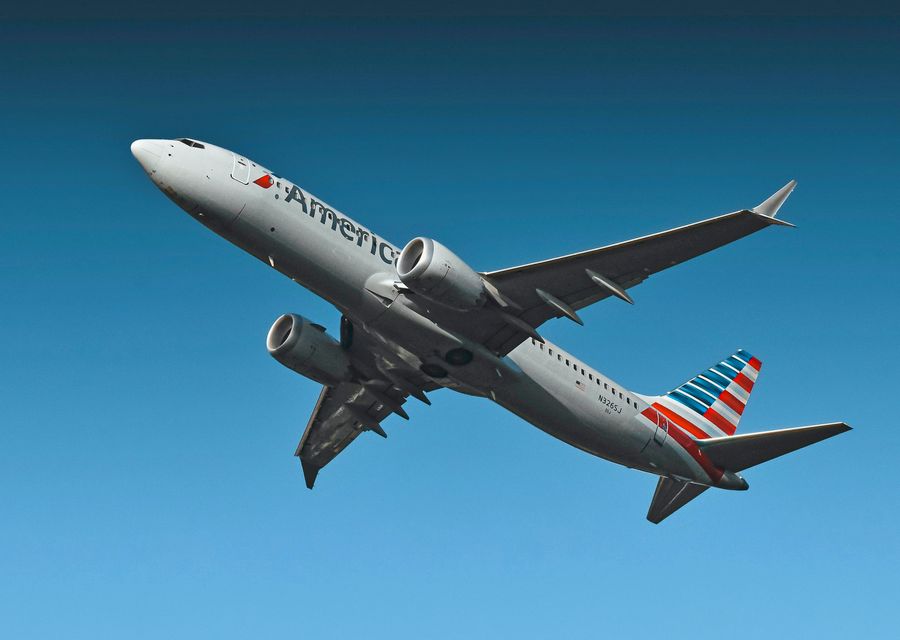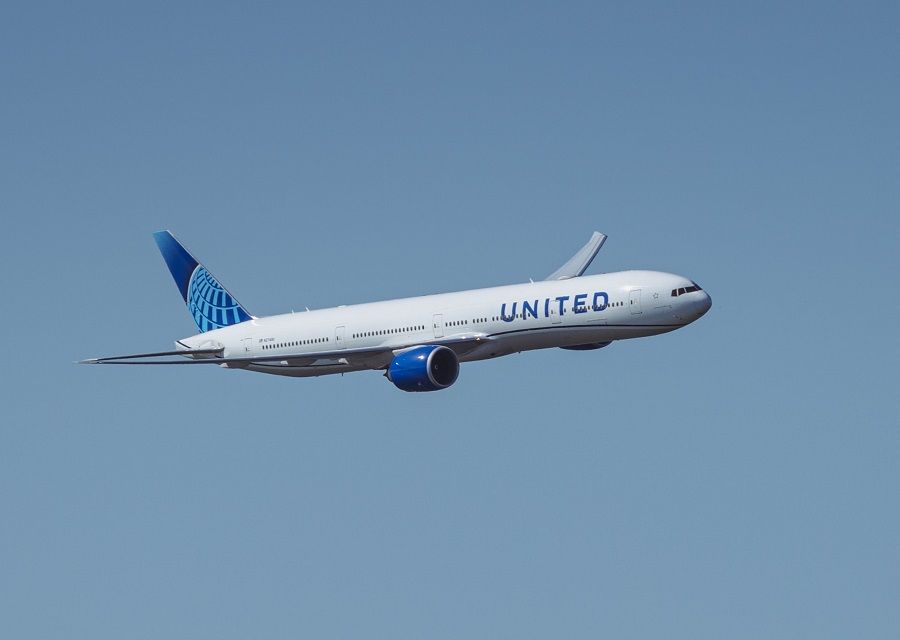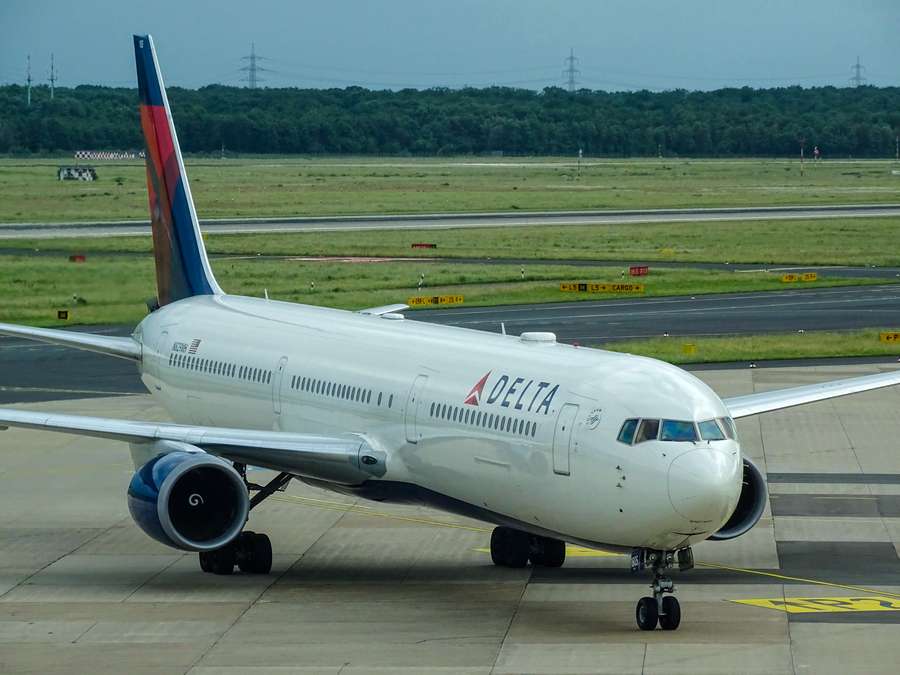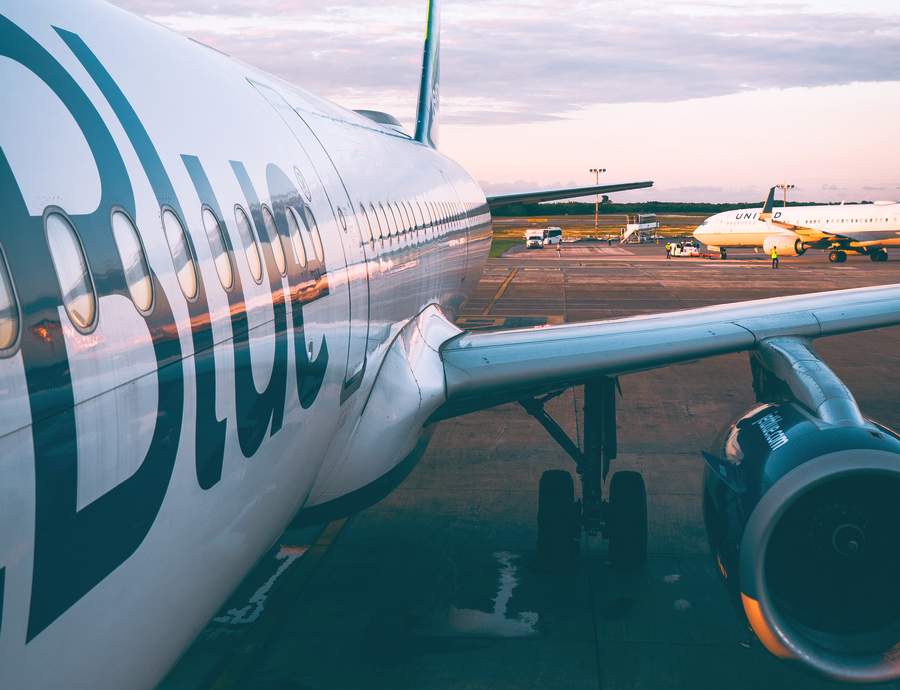There are fresh calls for pilots in the United States to retire at 67 years of age, up from 65 today. But is this necessary? And if so, why?
A number of U.S. senators are backing legislation that would raise the retirement age of the country’s airline pilots from 65 to 67 years. If this sounds familiar, it’s because the idea isn’t entirely new. As we saw previously, the first time this proposal came to light was in July last year. But the idea did not have the backing of senators from both parties – a key detail, since this was before the mid-term elections.

This has now changed. A total of seven U.S. senators now support these plans for pilots to retire at 67. In addition to Lindsey Graham, the Republican senator who originally backed the idea, now the initiative has support from Democrats Joe Manchin and Mark Kelly. The proposal would come with stricter medical checks for these pilots, allowing them to remain in airline service for longer. Regional carriers in the U.S. are in favor of the idea.
Complications For Pilots Who Don’t Retire At 65
Obviously, these regional carriers don’t have 65-year-old pilots. But they like this initiative, since it could (?) make mainline carriers a bit less aggressive, as they try to “steal” regional pilots. Even if regional carriers have enough pilots on paper, they often have a discrepancy between too few captains and too many first officers.

These proposals would clearly suit some of these 65-year-old pilots. After they retire, many airline pilots find other flying jobs, like flying business jets – often just to stay in the air. Remaining with their airline would simplify that process. But this could come with some caveats, especially if these senior pilots have been flying long-haul – which is likely.
Some countries, like New Zealand, don’t actually have an age when their airline pilots have to retire. But scheduling these pilots on international routes can be difficult. That’s because other countries won’t accept foreign airline pilots older than 65 years in their airspace. And moving senior pilots to domestic-only flying (and aircraft types) may require some adjustments in airline and pilot union rules.

Pilot Supply And Demand
Speaking of unions, ALPA has opposed plans to allow airline pilots to retire at 67 years of age. Transportation Secretary Pete Buttigieg has previously refused to support this initiative. Opinions are also divided on the current requirement for new airline pilots to have at least 1,500 hours – something that some see as a factor in creating the current shortage.
Lately, pilot salaries have been on the increase. But the 1,500-hour requirement means that the cost of entry for new pilots remains very high. This is not only because of the cost of training but also because the payout is so far away. And since so many young pilots compete for other flying jobs, as they build hours, these jobs often don’t pay particularly well.
Meanwhile, as older pilots continue to retire, more airlines either support new pilots in their training or start their own flight schools, for the same reason. It is also possible that the rise in pay for many regional carriers could bring about radical changes in how airlines split their flying, between regional and mainline fleets – and pilots.




